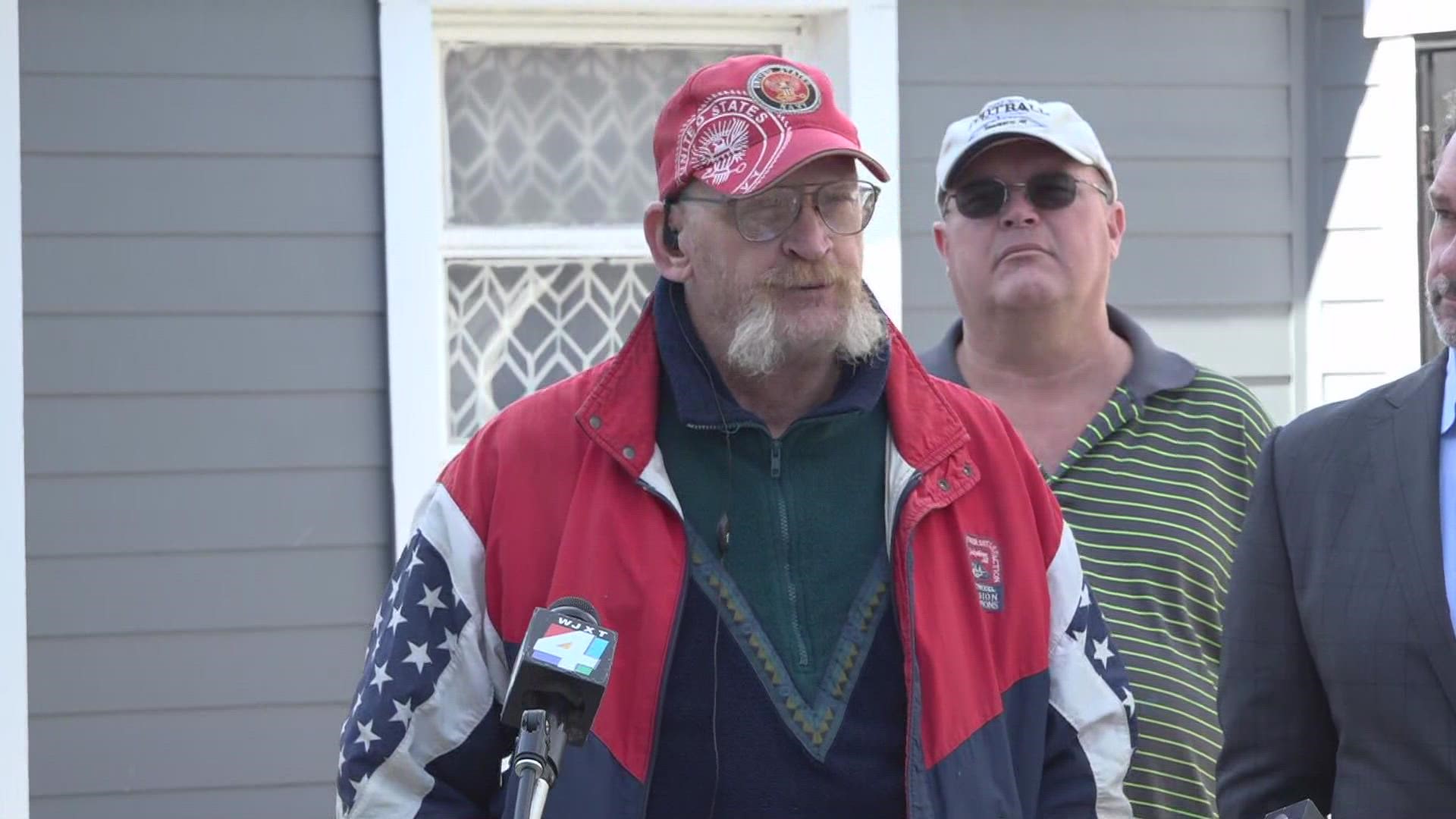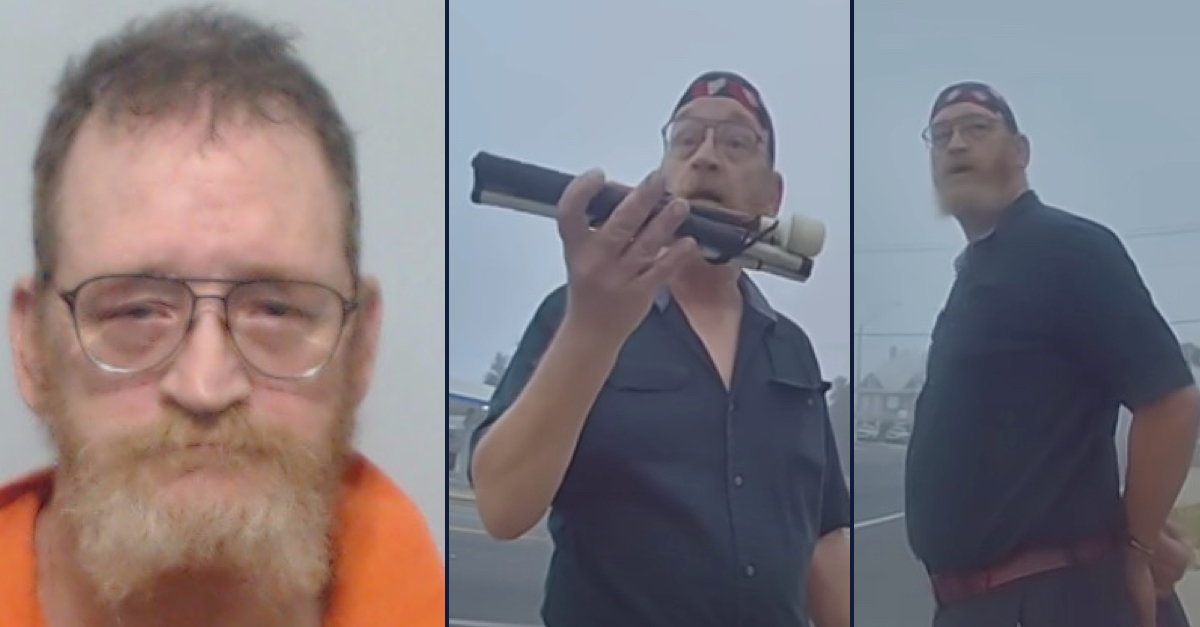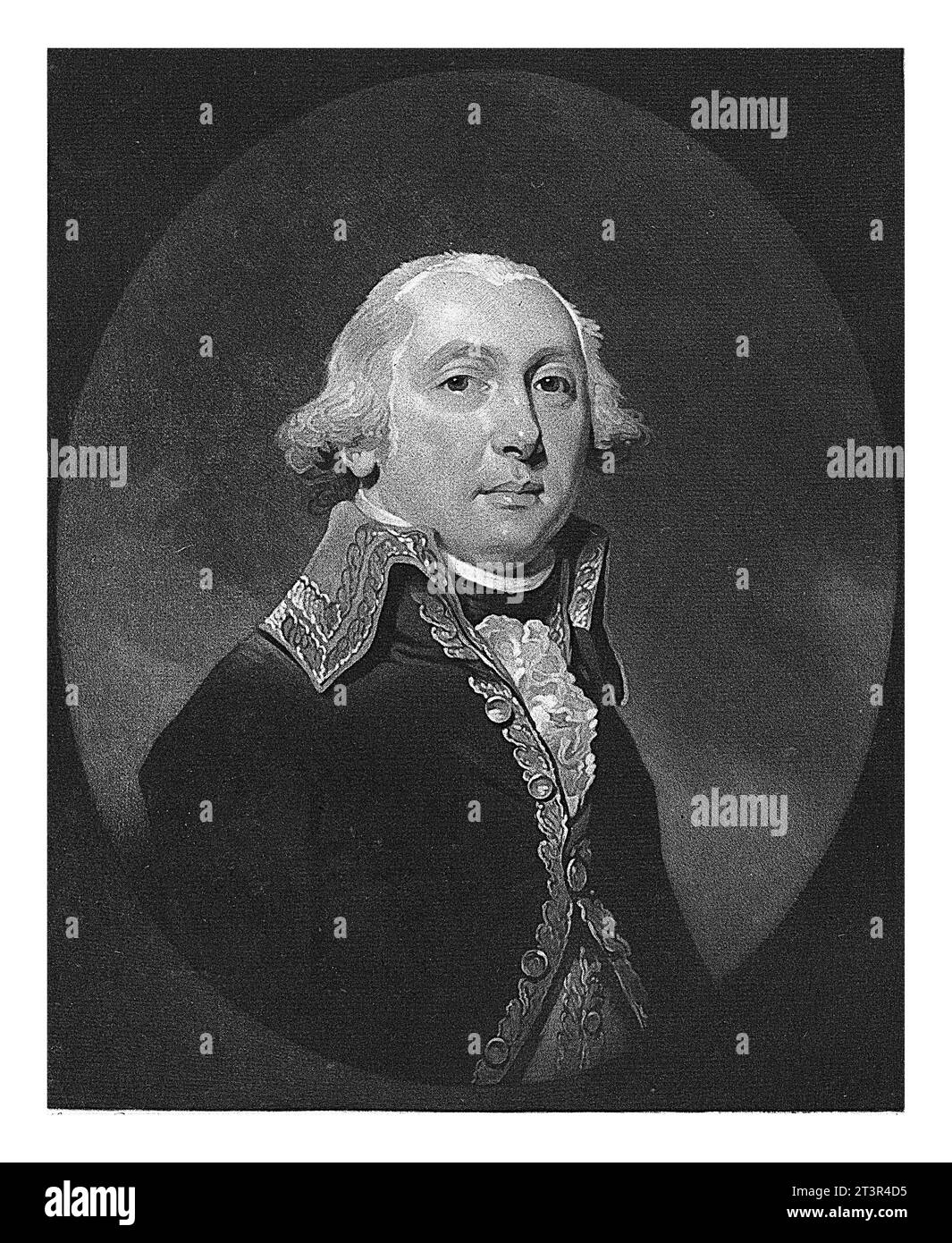James Hodges Arrest: Blind Veteran's Fight For Justice In Florida
Can a simple misunderstanding lead to a violation of one's fundamental rights? The case of James Hodges, a legally blind veteran, paints a stark picture of how misjudgment and procedural lapses can culminate in an unjust arrest, raising serious questions about accountability and the protection of civil liberties.
On the morning of October 31, 2022, in Lake City, Florida, James Hodges, then 61 years old, was arrested. The arrest, according to records and body camera footage released by the Columbia County Sheriff's Office to NBC News, was on a charge of resisting an officer without violence. The events leading up to this arrest, and the aftermath that followed, tell a story that is far from simple, one laced with themes of misidentification, due process, and the pursuit of justice.
The incident began with a neighbor's mistaken belief. Concerned by what they perceived as a potential threat, the neighbor called 911, mistaking Hodges' walking cane for a gun. This initial misinterpretation set in motion a chain of events that would lead to Hodges' detention, a search, and ultimately, his arrest. The deputies involved, Officer Jayme Gohde and Sergeant Randall Harrison, encountered Hodges while he was walking home from jury duty, a routine activity that took an unexpected and alarming turn.
- Discover Blow Naija News Music Entertainment Must Read
- Aayushi Jaiswal Hot Web Series Latest News Where To Watch
| Attribute | Details |
|---|---|
| Full Name | James Hodges |
| Age (at time of incident) | 61 (October 31, 2022) |
| Location | Lake City, Florida |
| Legal Status | Legally Blind |
| Veteran Status | Navy Veteran |
| Date of Arrest | October 31, 2022 |
| Charges | Resisting an Officer Without Violence |
| Alleged Incident | Misidentification of walking cane as a weapon, leading to detention, search, and arrest by officers Jayme Gohde and Randall Harrison. |
| Lawsuit Filed | November 20, 2023 against Sheriff Mark Hunter, Officer Jayme Gohde, and Sergeant Randall Harrison, alleging violations of First and Fourth Amendment rights. |
| Lawsuit Status | Dismissed on August 26, 2024. |
| Cause of Blindness | Result of a random act of violence on the streets of Baltimore in 1995. |
| Official Reference | NBC News Article |
Body camera footage, now widely available online, provides a firsthand account of the interaction. The video shows Hodges informing the officers of his legal blindness and, in an attempt to clarify the situation, producing his walking cane. Despite this, the situation escalated. The officers, seemingly unconvinced or unwilling to de-escalate the situation, ultimately took Hodges into custody.
The aftermath of the arrest was marked by several significant developments. Charges against Hodges were swiftly dropped on November 7, 2022, after scrutiny of the incident. The Columbia County Sheriff, Mark Hunter, took action, suspending Officer Gohde and demoting and suspending Sergeant Harrison. This action, however, did not fully resolve the issue, as Hodges initiated legal proceedings, filing a lawsuit on November 20, 2023, against Sheriff Hunter, Officer Gohde, and Sergeant Harrison, alleging violations of his rights under the First and Fourth Amendments.
The lawsuit highlighted a number of serious concerns, notably the alleged "egregious and excessive acts" of the officers involved. Hodges claimed damages resulting from what he perceived as a violation of his civil rights, and the lawsuit pointed to a broader problem: that the actions of the officers were a result of "a policy, practice, custom and deliberate indifference" by Sheriff Hunter. The dismissal of the civil lawsuit on August 26, 2024, however, is a significant turn of events, marking the formal end of the legal battle, though its implications and the underlying issues remain.
- Nicole Wallace Gabriel Guevara What Really Happened
- Subhashree Sahu Viral Video What You Need To Know The Aftermath
The story of James Hodges is not an isolated incident. In the United States, such cases are unfortunately too common, often raising questions about the use of force, racial profiling, and the importance of de-escalation techniques in policing. It also highlights the vulnerability of individuals with disabilities, who can face additional challenges when interacting with law enforcement. For Hodges, the incident was a stark reminder of the challenges he faces as a blind man and a veteran.
The initial response from the Columbia County Sheriffs Office, including the suspension and demotion of the officers involved, was a step towards accountability. However, the incident raises the question: Was this response sufficient? The fact that a lawsuit was filed, and ultimately dismissed, indicates a broader concern about the conduct of law enforcement and the measures in place to prevent similar incidents in the future.
The details of the arrest, as presented in the body camera footage, are crucial to understanding the events. The video reveals the initial confusion and misunderstanding, the officers' response, and Hodges' attempts to explain his situation. The fact that he produced his cane and identified himself as legally blind, and yet was still arrested, underscores the lack of empathy and the potential for misjudgment. This case serves as a reminder of the importance of empathy, understanding, and training in the handling of potentially volatile situations, particularly when dealing with individuals who may have disabilities.
The case also speaks to the broader context of police reform and the challenges of holding law enforcement accountable. While suspensions and demotions may be seen as forms of punishment, they don't necessarily address the root causes of such incidents. The lawsuit, though dismissed, underscored the need for systemic changes. The response from the Sheriff's Office, which included the suspension and demotion of the officers involved, was a step in the right direction. Still, questions remain about the nature of the training and the policies put in place to prevent similar incidents in the future.
Hodges' experience also highlights the challenges faced by the visually impaired. For individuals who rely on assistive devices, like canes, the potential for misidentification can be particularly acute. The incident served as a wake-up call about the importance of public awareness and sensitivity towards people with disabilities. It also emphasized the importance of law enforcement officers being trained to recognize and respond appropriately to the needs of individuals with disabilities.
In the wake of the incident, there was a significant level of community support for Hodges. Residents of Lake City came together to demand justice, illustrating the community's concern and their commitment to ensuring that his rights were protected. The fact that Hodges was able to draw community support in the face of adversity highlights the power of collective action. It reflects a growing public awareness of the importance of protecting civil rights, a sentiment that will undoubtedly inform future discussions about law enforcement accountability.
The dismissal of the civil lawsuit represents a complex resolution to the case. While the charges against Hodges were dropped and the officers faced disciplinary action, the dismissal of the lawsuit suggests that, from a legal standpoint, no actionable violations could be definitively proven. The case will likely remain a point of discussion regarding police conduct, disability rights, and the intersection of these issues. It will be cited in debates about the role of law enforcement and the need for systemic changes to prevent similar incidents.
The response from Hodges also highlights the importance of resilience and the need for individuals to stand up for their rights. Despite facing adversity, he chose to seek legal recourse, and by doing so, he brought attention to a serious matter of public concern. The incident also serves as a reminder of the importance of community engagement in matters of public safety and justice. The fact that Hodges was able to galvanize community support demonstrates the significance of citizen involvement in ensuring accountability.
The incident underscores the broader context of police reform and the challenges of holding law enforcement accountable. While suspensions and demotions may be seen as forms of punishment, they don't necessarily address the root causes of such incidents. Systemic change within law enforcement agencies, including improved training on de-escalation techniques, is an imperative. This case should prompt discussions about the need for greater sensitivity and understanding when dealing with individuals who have disabilities, a crucial point that the law enforcement community must prioritize.
The story of James Hodges, a Navy veteran who has been blind since 1995, due to a random act of violence, is a reminder that the effects of misunderstanding can be devastating. The incident involving Hodges' arrest, fueled by mistaken identity, exposes the human cost of misjudgment. The incident underscores the importance of continuous training and the implementation of clear policies and procedures to prevent similar incidents in the future.
The response of the police officer, Officer Jayme Gohde, who stated, "Yeah you are," when asked if he was detained, further underlines the gravity of the situation and raises concerns regarding the adherence to proper protocols. The events that unfolded in Lake City, Florida, underscore the need for law enforcement agencies to prioritize the use of de-escalation techniques and effective communication strategies to mitigate the risk of conflict.
The case continues to ignite conversations regarding the need for accountability within law enforcement agencies, specifically the Columbia County Sheriff's Office. It also brings to light the challenges faced by individuals with disabilities in their interactions with law enforcement. As the community reflects on this incident, the need for greater public awareness, improved training, and consistent enforcement of ethical standards becomes apparent.
The dismissal of the civil lawsuit may conclude this case, but it fails to fully address the underlying questions. The dismissal does not resolve the larger issue of law enforcement conduct, nor does it remove the issues that Hodges faced. This event in Lake City will remain a powerful example of the need for an effective justice system and the preservation of civil liberties.
- Fantasm Techno Dj Producer Tour Dates Music Biography
- Subhashree Sahu Viral Video Facts Controversy What You Need To Know

James Hodges, attorney, Lake City community members speak about alleged

Florida Sheriff's Office Investigating James Hodges Arrest

Understanding The James Hodges Lawsuit A Closer Look At Civil Rights